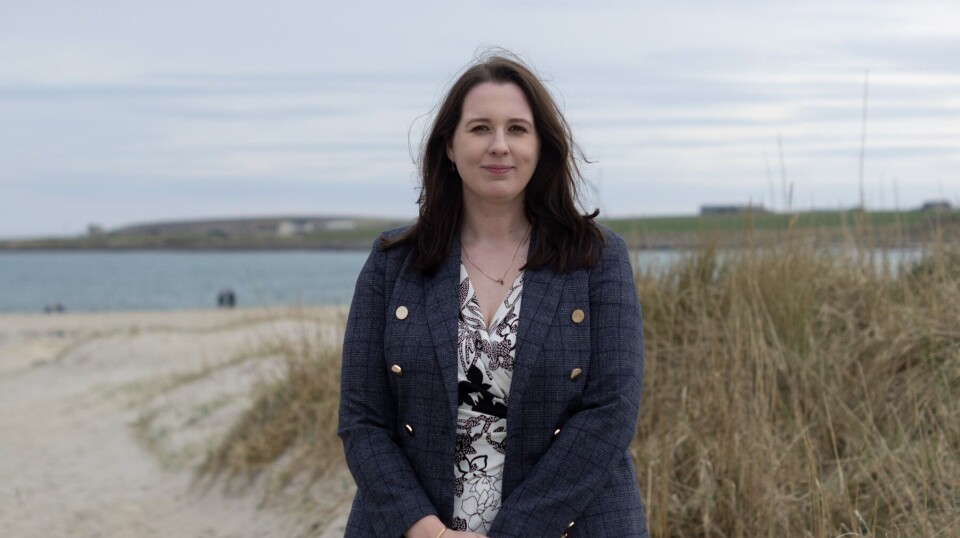
New funding for efforts to stop depopulation in rural Scotland
Three fish farming regions are first to get help, but Salmon Scotland's calls for regulatory reform and ringfenced seabed rents for housing aren't part of the plan
The Scottish Government today announced funding to stem depopulation in three fish farming regions: the Argyll & Bute, Highland, and Comhairle nan Eilean Siar (Western Isles) council areas.
The government will part-fund community settlement officers for each of the three local authorities and has set up a £180,000 Addressing Depopulation Fund to help the councils trial ways of retaining and attracting people to their communities. Dumfries and Galloway, and Inverclyde, will also get help.
Salmon sector trade body Salmon Scotland has been lobbying the government to do more to tackle the shortage of affordable housing in the remote coastal areas where fish farming takes place, and to streamline regulation of the industry so that it can create more rural jobs.
An escalating crisis
Chief executive Tavish Scott said: “ The shortage of affordable housing in island and Highland communities has become an escalating crisis.
“ People are struggling to find homes, and businesses face difficulties in recruiting or retaining staff because they're priced out of the local housing market.
“Scotland’s farm-raised salmon sector creates vital jobs and wealth in coastal areas, and we firmly believe that the benefits should be felt closest to the farms themselves.
“We want the millions we pay to Crown Estate Scotland to be put to better use by building affordable housing for local workers, ensuring that the economic success generated by Scotland’s biggest food export is shared in the communities where we operate.”
A major barrier
Crown Estate Scotland (CES), which collects seabed rents on behalf of the Scottish Government, points out that since 2017 the Sottish Government has passed £40 million of CES profits back to coastal local authorities for various initiatives, and CES has directly given money for housing projects.
Salmon Scotland's demands for its rent payments to be ring-fenced for housing, and for regulatory reform, were reiterated yesterday in a wish-list of measures Salmon Scotland issued to politicians at both Westminster and Holyrood.
The trade body pointed out that in many remote parts of Scotland, salmon farms are vital to the future of local businesses and communities, but the lack of access to rural housing is a major barrier for workers. The sector is calling for reform to ensure that a significant proportion of the seabed licence fees paid by salmon farmers is reinvested directly in rural communities, with a particular focus on creating new housing.
On the issue of regulatory reform, Salmon Scotland is asking for changes to the licensing programme for salmon farms that is lengthy and involves several regulatory bodies. If the system is more streamlined, as recommended by regulatory expert Professor Russel Griggs in an independent review almost two years ago, the sector can deliver the responsible and sustainable growth needed to continue creating jobs in Scotland.
Complex factors
Launching the Scottish Government’s Addressing Depopulation Action Plan at the Nevis Centre in Fort William, migration minister Emma Roddick said: “The factors that lead to depopulation are complex and interdependent, and every place is affected differently. This plan cuts right across government – in policy areas including housing, healthcare, transport and education – to help deliver solutions that address the needs of individual areas.
“Local leaders, councils and organisations are the people who know their communities best – that’s why this plan commits to channelling community expertise and backing a range of local-led initiatives. This will not only benefit the places leading these projects but could also generate learnings that can be applied elsewhere.
“Bringing together new actions with a programme of ongoing government work, these steps will underpin our work to ensure every place in Scotland is equipped with the population it needs to thrive into the future.”
























































